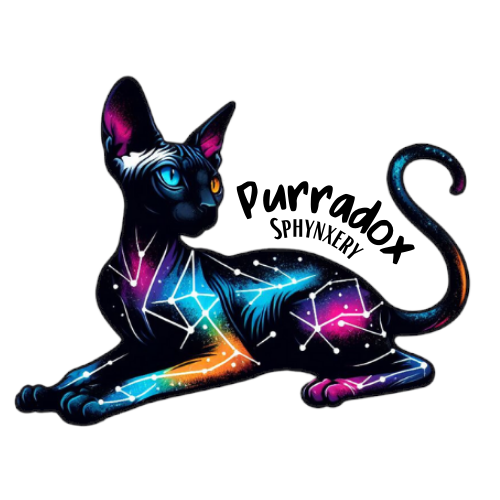Category:
Health and Care
Common digestive issues include sensitive stomachs and food allergies. Feeding high-quality, limited-ingredient diets can help manage these problems.
Here’s a brief overview of the most common digestive problems in Sphynx cats:
| Digestive Issue | Details |
|---|---|
| 1. Diarrhea | Often caused by food intolerances, diet changes, or infections. Keep an eye on stool consistency and consult a vet if persistent. |
| 2. Constipation | May result from dehydration, low fiber intake, or lack of exercise. Ensure your Sphynx stays hydrated and eats a balanced diet. |
| 3. Food Allergies | Sphynx cats can develop allergies to specific proteins or grains, leading to gastrointestinal upset. Symptoms include vomiting, diarrhea, or itchy skin. |
| 4. Inflammatory Bowel Disease (IBD) | Chronic inflammation of the digestive tract, causing vomiting, diarrhea, or weight loss. IBD may require a specialized diet or medication. |
| 5. Hairballs | While rare due to lack of fur, Sphynx cats can still ingest small amounts of debris or fibers. Occasional vomiting may occur if not monitored. |
| 6. Sensitivity to Rich Foods | Sphynx cats can be sensitive to rich or fatty foods, which might lead to upset stomachs. Stick to high-quality, balanced cat food. |
For more detailed information, visit our blog post “Common Digestive Issues in Sphynx Cats and How to Manage Them”.

